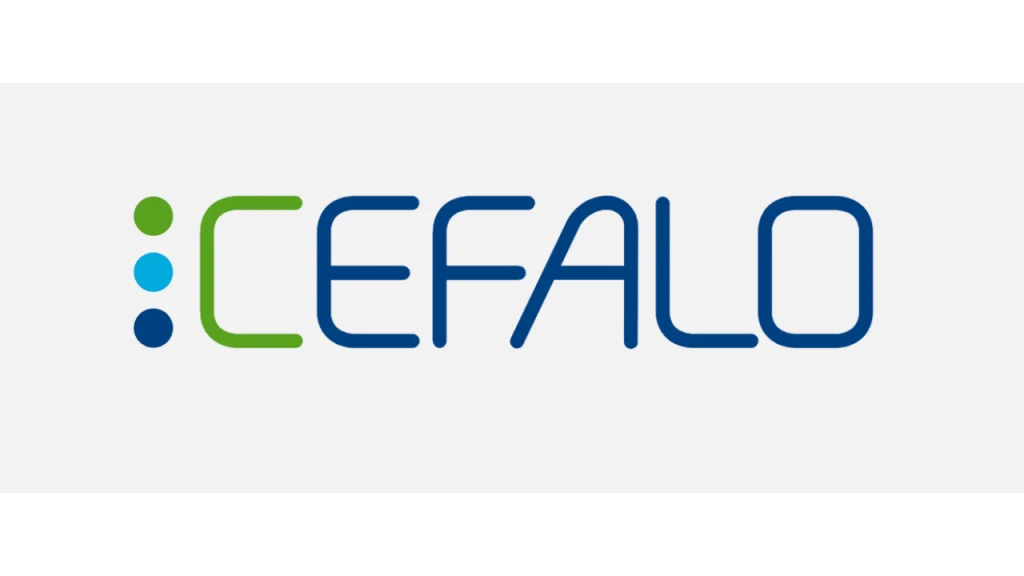- Cefalo deploys full-time developers in Dhaka to serve Norwegian clients, harnessing lower cost and cultural alignment
- The company balances rapid tech evolution, talent retention pressures, and rising expectations around delivery, security and scalability
Cefalo Bangladesh Ltd’s growth and focus
Cefalo’s Dhaka branch employs around 200 specialists who develop and maintain software for companies in Norway. Roles span frontend and backend engineering, app design, testing and DevOps.
The company’s culture has become a case study in retention. Its Great Place to Work® award recognises that, in a market full of job-hopping, Cefalo has managed to keep teams together. Regular internal events, training sessions and open communication with Oslo give engineers a sense of purpose and visibility. That blend of Scandinavian management and local community is what keeps the organisation stable in an industry where turnover can reach double digits in a month.
Also Read: auDA: Administrator of Australia’s .au Domain
Also Read: 1-TO-ALL: Thailand telecom and solutions distributor
Industry context and challenges
The global outsourcing model has changed. Clients no longer want short projects; they want engineering partners who understand their products and take responsibility for them. That means stronger security, faster delivery, and more ownership from offshore teams. In Bangladesh, the challenge lies in finding and keeping skilled developers. Pay scales rise quickly, and the most experienced engineers have many options abroad. Companies that survive are the ones investing in leadership, training and a sense of belonging.
Cefalo’s approach—treating Dhaka not as an outsourcing outpost but as a second home base—may be its biggest advantage. It keeps both talent and clients for the long haul, quietly showing how two distant tech worlds can build software as one.

